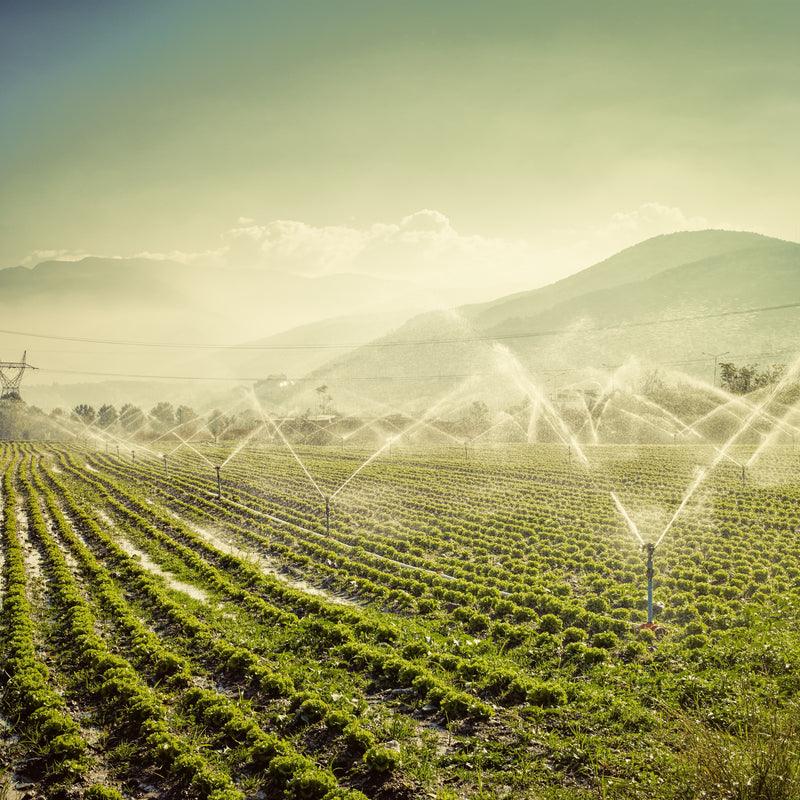
Vegetarian Diets and the Environment
There are a lot of reasons why people choose to live vegetarian or plant-based lifestyles. Some become vegetarian for animal cruelty concerns, others for religious reasons, and even more people choose a vegetarian diet for their health. One of the more recent popular reasons for living a plant-based lifestyle is environmental concerns. As global demand for meat and animal products continues to rise, so too is there an increase in the environmental impact. With the animal agriculture industry’s footprint on the environment growing, many are concerned about the global implications.Environmental Impact of Animal Agriculture
To understand why people consider environmental concerns as a reason to make the change to a vegetarian diet, you must first understand what kind of impact animal agriculture has on the environment. Animal agriculture is a catch-all for any agriculture involving livestock, which includes both dairy and meat production. Luckily for vegetarians, there are a variety of dairy alternatives on the market! When broken down even further, different types of livestock create various stresses on the environment. Cattle used for both dairy and meat production have the most significant effect, while poultry is generally accepted to have the least impact. Meat production contributes to environmental degradation in many ways, including:- Air pollution from fossil fuel and animal methane
- Animal waste
- Water contamination
- Consumption of land and water
 Switching to a vegetarian diet is an incredibly personal decision, but environmental reasons are persuasive. If you’ve changed your diet to a vegetarian one for environmental reasons, then we applaud your selflessness!
Switching to a vegetarian diet is an incredibly personal decision, but environmental reasons are persuasive. If you’ve changed your diet to a vegetarian one for environmental reasons, then we applaud your selflessness!


